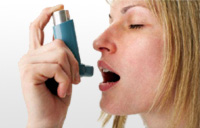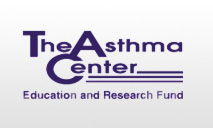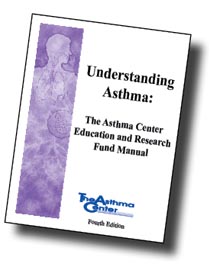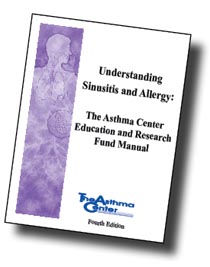Is surgery risky for asthma patients?
The answer is both yes and no. If your asthma is optimally controlled, you generally can undergo major surgery without any significant complication from your underlying asthma. If you have poorly controlled asthma or are steroid-dependent, you are at considerable risk and need specific medical preparation by your asthma specialist well before surgery. Surgery may result in a severe flare of asthma or other complications during or immediately after surgery. In addition, persistent coughing following surgery can complicate surgery by causing wound separation and other surgical complications.
If you are asthmatic and steroid-dependent, you are at risk for both a flare of your asthma as well as adrenal gland failure which can result in a sudden drop in blood pressure as you enter into a state of shock.
Finally if you are sensitive to latex, you must notify the surgeon and anesthesiologist to this fact and review with them what precautions will be taken during surgery to limit your exposure to latex.
If you have chronic asthma, you should be evaluated by the physicians managing your asthma prior to surgery and should have a written plan to give to the surgeons and anesthesiologists regarding asthma medication recommendations pre- and post-surgery.
Your asthma specialists' goals should include:
- A thorough pre-surgical evaluation including review of symptoms, pulmonary function test results, physical examination, medications and past medical problems including potential risks for asthmatic flares.
- If pulmonary function is not optimal based on your known potential (i.e. previous pulmonary function studies), then the physician must treat you intensively and postpone surgery until your asthma is under the best possible control prior to giving medical clearance.
- Review the use of corticosteroids over the past year(s) and any other issues that may put you at risk for steroid-dependence. In particular, careful review of oral corticosteroid use over the past 6 months, use of high dose inhaled corticosteroids and any history of prolonged use of oral corticosteroids in the past is necessary.
- Continue asthma medication(s) throughout surgery. Inhaled medication can be administered by nebulization when required. Consider the need for intravenous corticosteroid administration pre- and post-surgery.



